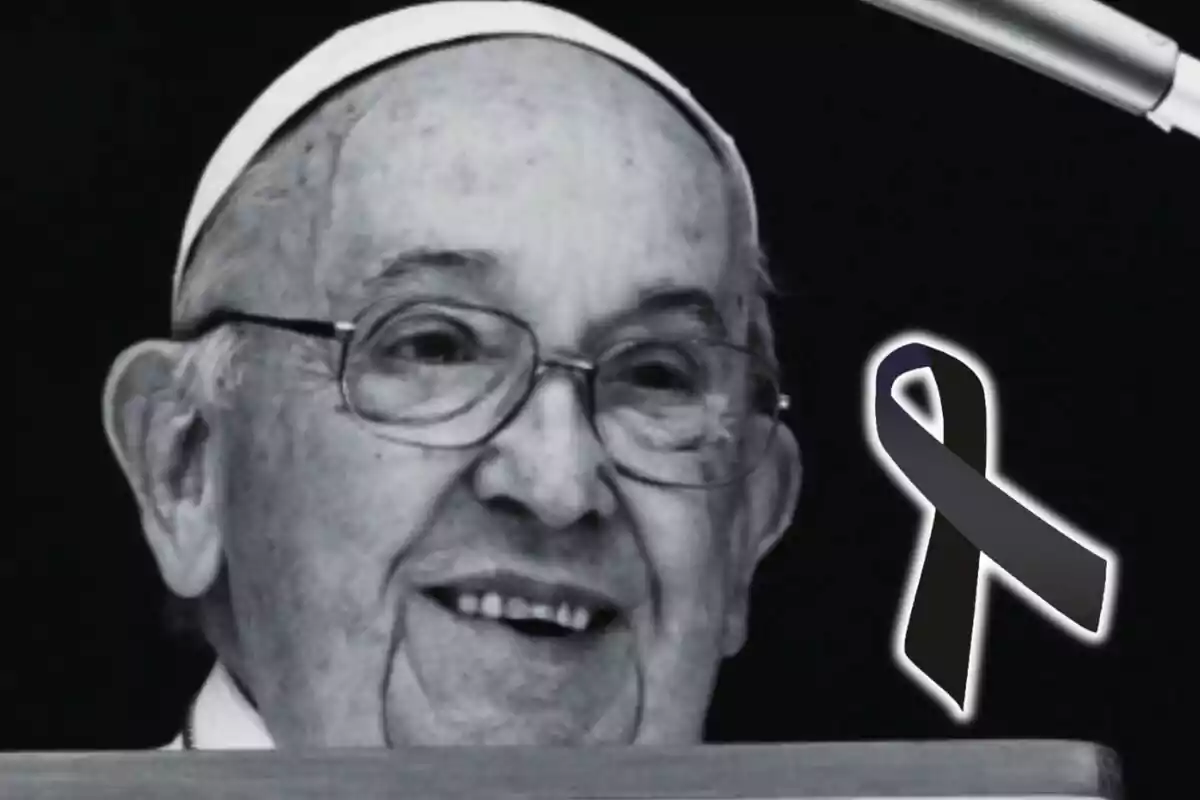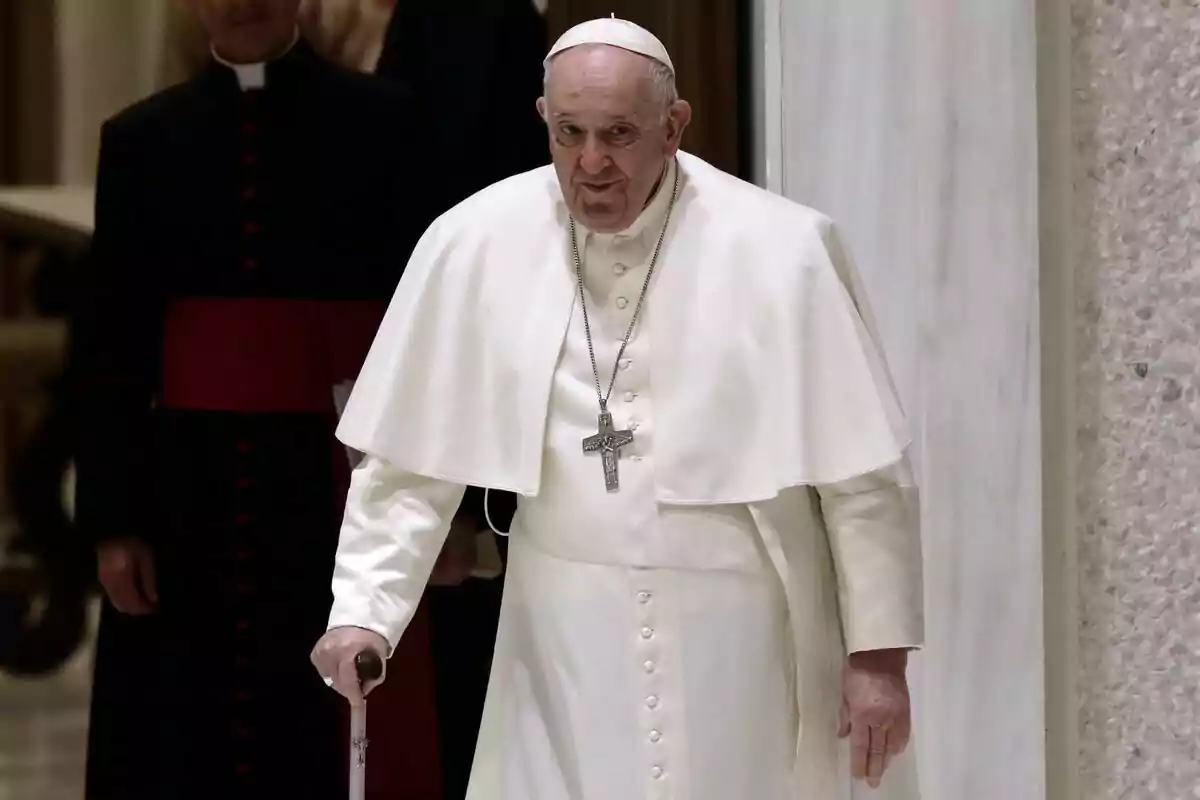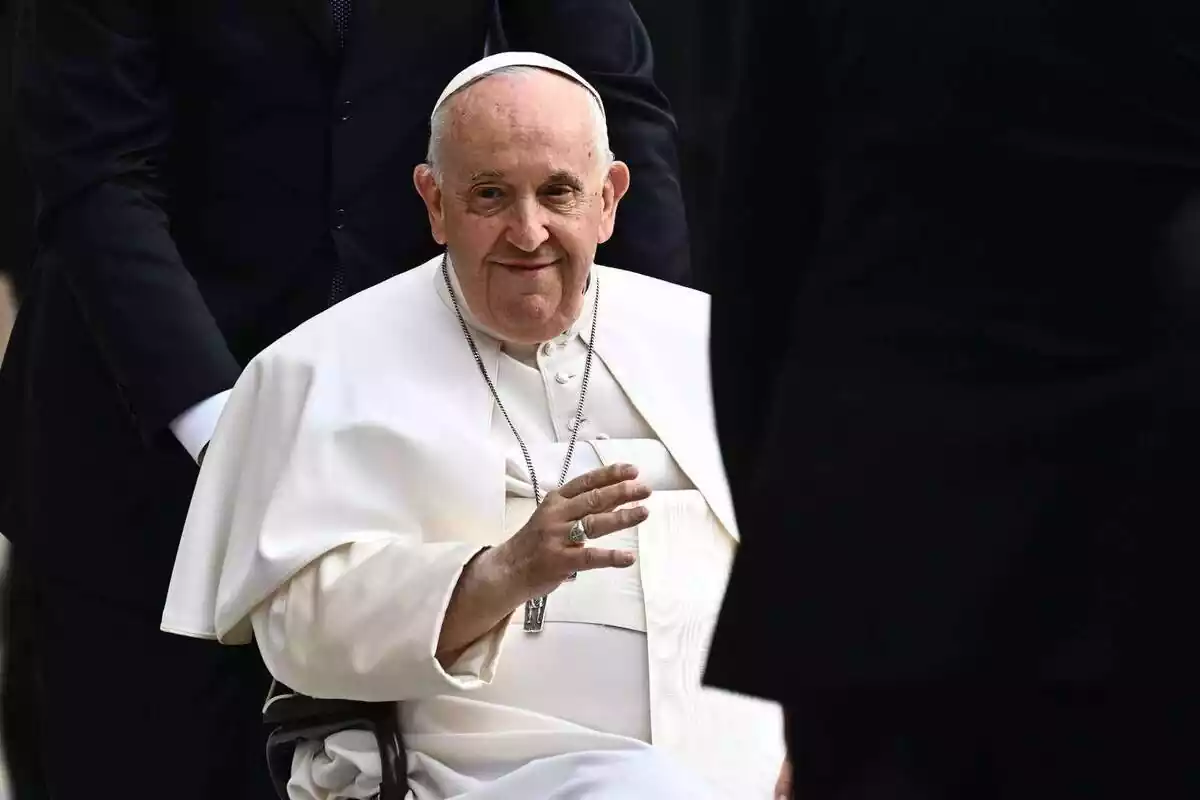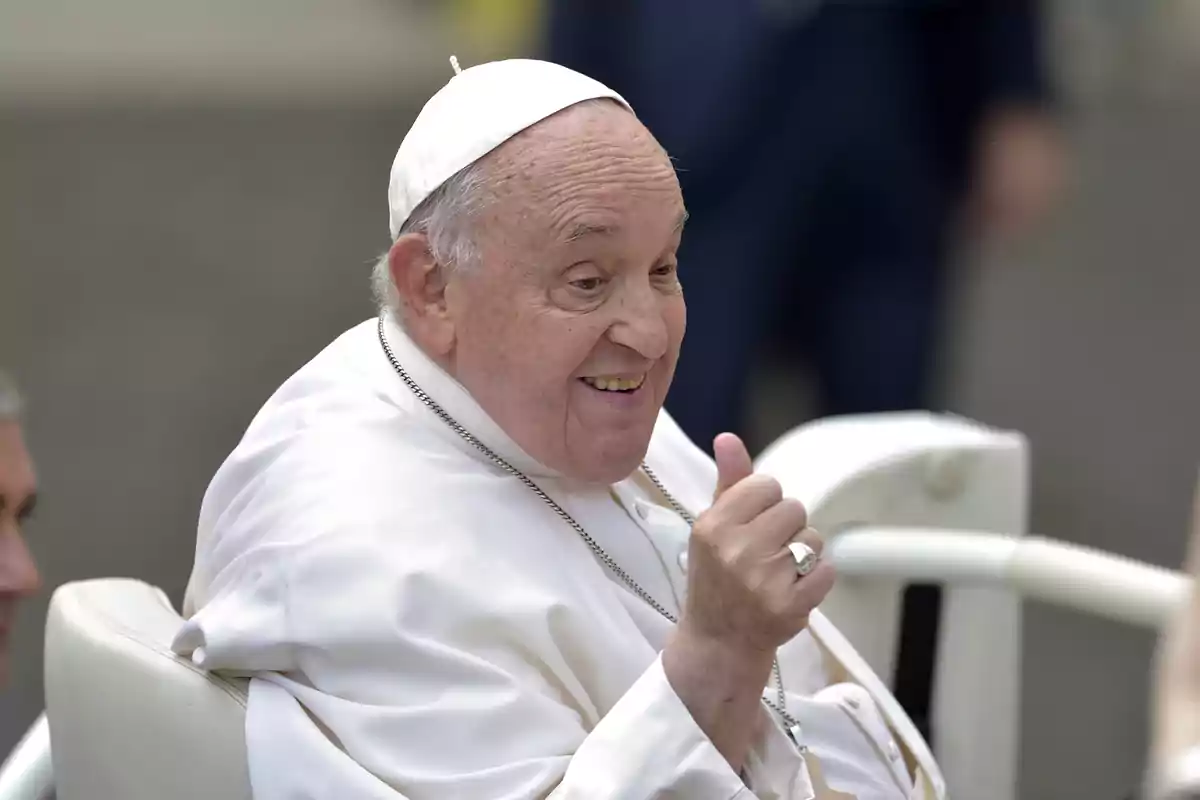
Pope Francis Dies: Everything Known About the Cause of His Death
The current pontiff of the Catholic Church, Francis I, dies after suffering from pneumonia a few months ago
Pope Francis has passed away at the age of 88, according to an official statement from the Vatican. His death comes after several months of health complications, which had caused growing concern within the Catholic Church and among the faithful worldwide.
The Pontiff's Death Marks a Turning Point in the Catholic Church
The statement issued by the Holy See confirmed the sad news with a solemn message.

Expressions of condolence continue to pour in from religious leaders, heads of state, and faithful who have closely followed his pontificate. The Vatican has announced that preparations for his funeral are already underway, following the established protocol for the farewell of a pontiff. It is expected that in the coming hours, the date and details of the funeral will be announced, which will gather thousands of people in a final tribute to the Pope.
A Progressive Deterioration That Worried the Vatican
In recent years, Pope Francis's health had been a subject of speculation. In 2021, he underwent colon surgery, and since then, his physical condition has been under constant observation. In recent months, his mobility had been affected, forcing him to use a wheelchair in various public appearances.
Despite his attempts to keep his schedule, increasing respiratory difficulties, stemming from a lung infection, further deteriorated his health. His fragile condition led to the cancellation of some international commitments, which increased concerns about his ability to continue leading the Church.
In his last appearances, Pope Francis was visibly weakened but still committed to his pastoral work. However, rumors of a possible resignation, like his predecessor Benedict XVI, never materialized.

A Pontificate Marked by Reform and Controversy
Jorge Mario Bergoglio assumed the papacy on March 13, 2013, becoming the first Latin American pontiff in history. From his arrival at the Vatican, he imprinted a more approachable and reformist style, distancing himself from the traditionalist image of his predecessors.
Pope Francis advocated for a more inclusive Church, championed the defense of migrants, the fight against climate change, and the modernization of some doctrines. The pontiff also took measures to address the sexual abuse scandal within the Church, although some sectors considered his efforts insufficient.
During his pontificate, he attempted to build bridges with sectors historically distant from Catholicism, such as the LGBTQ+ community. His stance on this earned him both praise and criticism from the more conservative sectors of the Church.

The Challenge of the Future and the Election of a New Pope
With the death of Pope Francis, the Vatican now faces a period of uncertainty. The race for succession in the College of Cardinals opens through a Conclave. In this event, 120 cardinals under the age of 80 would vote in the Sistine Chapel until reaching a two-thirds majority.
Among the main candidates to succeed him are Luis Antonio Tagle (Philippines), Pietro Parolin (Italy), or Peter Turkson (Ghana). Also mentioned, though with fewer chances, are Matteo Zuppi (Italy), Willem Eijk (Netherlands), Peter Erdő (Hungary), and Raymond Leo Burke (United States), each with different pastoral and doctrinal approaches.
The impact of Pope Francis's death will be felt not only in the religious sphere but also in the political and social realms. World leaders, humanitarian organizations, and faithful from around the world have expressed their sorrow over the loss of Pope Francis. A Pope who, despite the controversy surrounding some of his pronouncements, leaves an indelible mark on the history of the Catholic Church.
More posts: